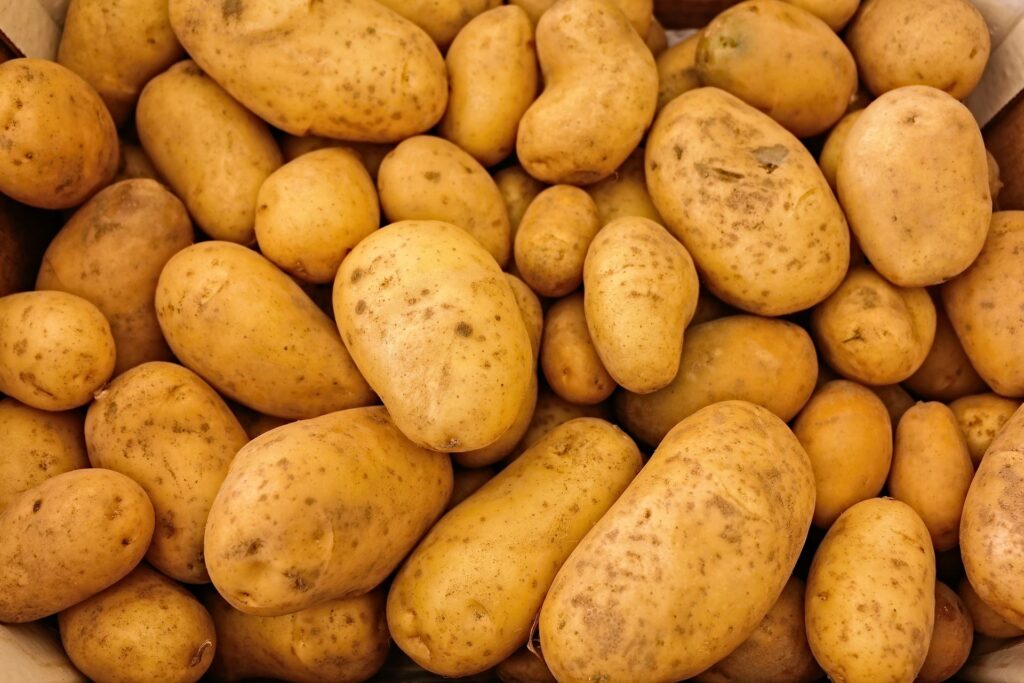Drinking water and pesticides: the Federal Council says no
For Bern, two initiatives on the ballot on June 13, 2021, would put jobs, the food bill and food security in Switzerland at risk
On March 23, 2021, the Federal Council outlined its recommendations on the citizens’ initiatives “Clean drinking water and healthy food” and “For a Switzerland without synthetic pesticides”.
Both initiatives would weaken food security and food production in Switzerland, endanger jobs and lead to a transfer of environmental pollution abroad.
The Federal Council therefore rejects both projects. However, it accepts the demands of the initiators of the initiatives with a view to improving the protection of humans and the environment from the negative effects of pesticides and fertilizers.
On June 13, 2021 the Swiss electorate will vote on two popular initiatives.
Dairy products and agrotourism? Great in Switzerland
App to cut red tape for Swiss farmers
Switzerland and six other EU countries together for the Nutri-Score
The Nutri-Score initiative calls for farmers to receive direct payments from the federal government only if their farms meet the following conditions: they do not use pesticides, they feed their animals with fodder they have produced themselves and they do not make prophylactic or regular use of antibiotics.
The pesticides initiative aims to completely ban the use of synthetic pesticides in Switzerland. In addition to agriculture, the production and processing of foodstuffs would be greatly affected.
Only foodstuffs produced without the use of synthetic pesticides would be allowed to be imported.
The initiative would also affect the care of the soil and the landscape. The two initiative committees claim that in this way they want to better protect people and the environment from possible negative effects of pesticides.

Two threats loom over agriculture
The Federal Council rejects both initiatives. The main impact of the drinking water initiative would be on agriculture, food production in Switzerland and related jobs.
Without targeted protection of plants against pests and diseases, domestic food production (e.g. fruit, vegetables or potatoes) would fall sharply.
Farmers would no longer be able to produce at an equivalent level and the degree of self-sufficiency would decrease. This would result in an increased need to import foodstuffs from abroad to cover the needs of the Swiss population.
Switzerland’s booming alpine economy depends on unions
Food in Switzerland: 30 billion turnover
Switzerland will reduce the environmental impact of its food supply
The pesticides initiative also provides for import restrictions. It would only be possible to import foodstuffs produced without the use of synthetic pesticides.
This would greatly limit the choice. Pesticides are also important in food production, where they are used, among other things, to comply with hygiene regulations (e.g. in food storage).
A ban on synthetic pesticides would also weaken the export-oriented food industry, as Swiss raw materials such as sugar or vegetable oils would become more expensive. This would put food producers at a disadvantage compared to their foreign competitors.

Government and Parliament are already “on the ball
The federal government has already responded to the request of the initiators of the initiative to protect humans and the environment from possible negative effects by taking various targeted measures to reduce the use of pesticides in the agricultural sector.
Sales of plant protection products have in fact been declining for several years. The Federal Council attaches particular importance to the further tightening of regulations decided by Parliament in the spring session 2021.
Umfassender Bericht über Lebensmittelausgaben im Schweizer Detailhandel
Rapport complet sur les dépenses alimentaires dans le commerce de détail suisse
Rapporto completo sulla spese per derrate alimentari nel commercio al dettaglio svizzero
Both chambers intend to better protect streams, rivers, lakes and drinking water from pesticides.
The conditions for the authorization and application of pesticides will be tightened considerably and groundwater quality will be even better protected.
Nitrogen and phosphorus surpluses in agriculture will also have to be reduced appropriately in order to reduce the environmental burden. The Federal Council intends to implement these additional measures in cooperation with Parliament.







